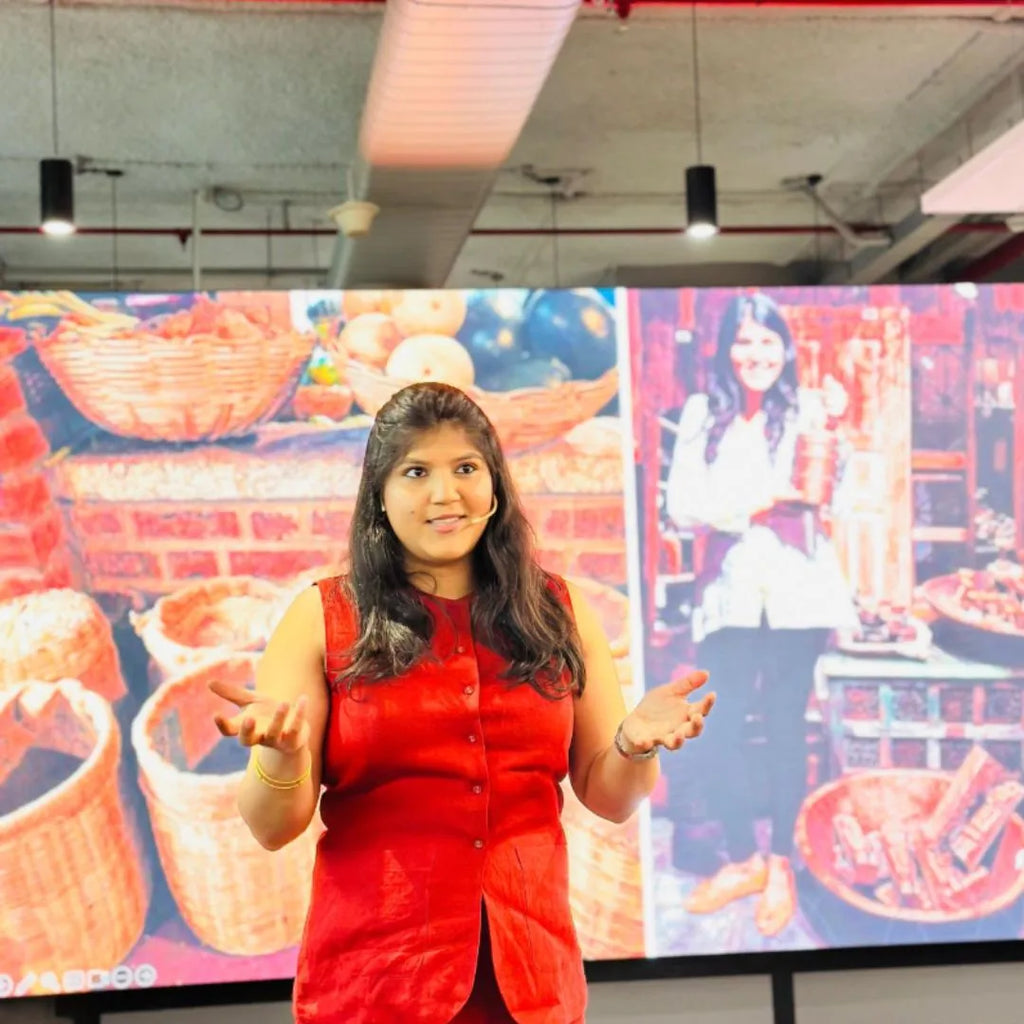Sustainability Workshops for Target India

At Bare Necessities, we strongly believe in fostering relationships that can result in meaningful collaborations. Amongst many such partners, we have been able to create a positive impact with Target, an organisation that is deeply committed to sustainability. Partnering with them previously for different initiatives from workshops to corporate gifting, this time around, our Founder & CEO, Sahar Mansoor, hosted an interesting session curated specifically for their team.
Sahar, a self-proclaimed “accidental entrepreneur”, began the session with her own story. Growing up in a family that laid great emphasis on education, Sahar holds an MPhil in Environmental Economics and Law from Cambridge University. Her experiences working as a mobile health researcher at the World Health Organisation coupled with her educational experiences taught her that something as innocuous as garbage has far reaching impact.
Sahar, founded Bare Necessities after a profound experience working closely with waste pickers, which made her realise the vast potential in sustainable living. This realisation led to the birth of Bare Necessities, with a vision to create a positive impact on the environment while promoting a zero-waste lifestyle.
Speaking in detail about the social impact of a business, resonated with the Target audience, particularly, the concept of businesses thriving at the intersection of profit and purpose. This struck a chord with Target’s own values, potentially sparking ideas of intrapreneurship - innovation that is driven by employees within a larger organisation.
Beyond offering products or services, businesses can also demonstrate the holistic importance of sustainability. Prioritising hiring from underserved communities to emphasising employee engagement to roping in donation partners can create a work culture that understands and contributes to societal wellbeing.
Target prioritises sustainability, a concept that aligns ever so perfectly with Bare Necessities’ mission. During the session, Sahar introduced the concept of zero waste events, using her own zero waste wedding as a compelling example. She explored various aspects of planning zero events from sustainable alternatives to invites to eco-friendly decor and gifting options.
The workshop concluded with a fun, hands-on-activity - learning the Japanese gift wrapping technique, Furoshiki, a sustainable alternative to traditional plastic or paper based wrapping.
By fostering collaboration and sharing knowledge, we can collectively build a sustainable future.

